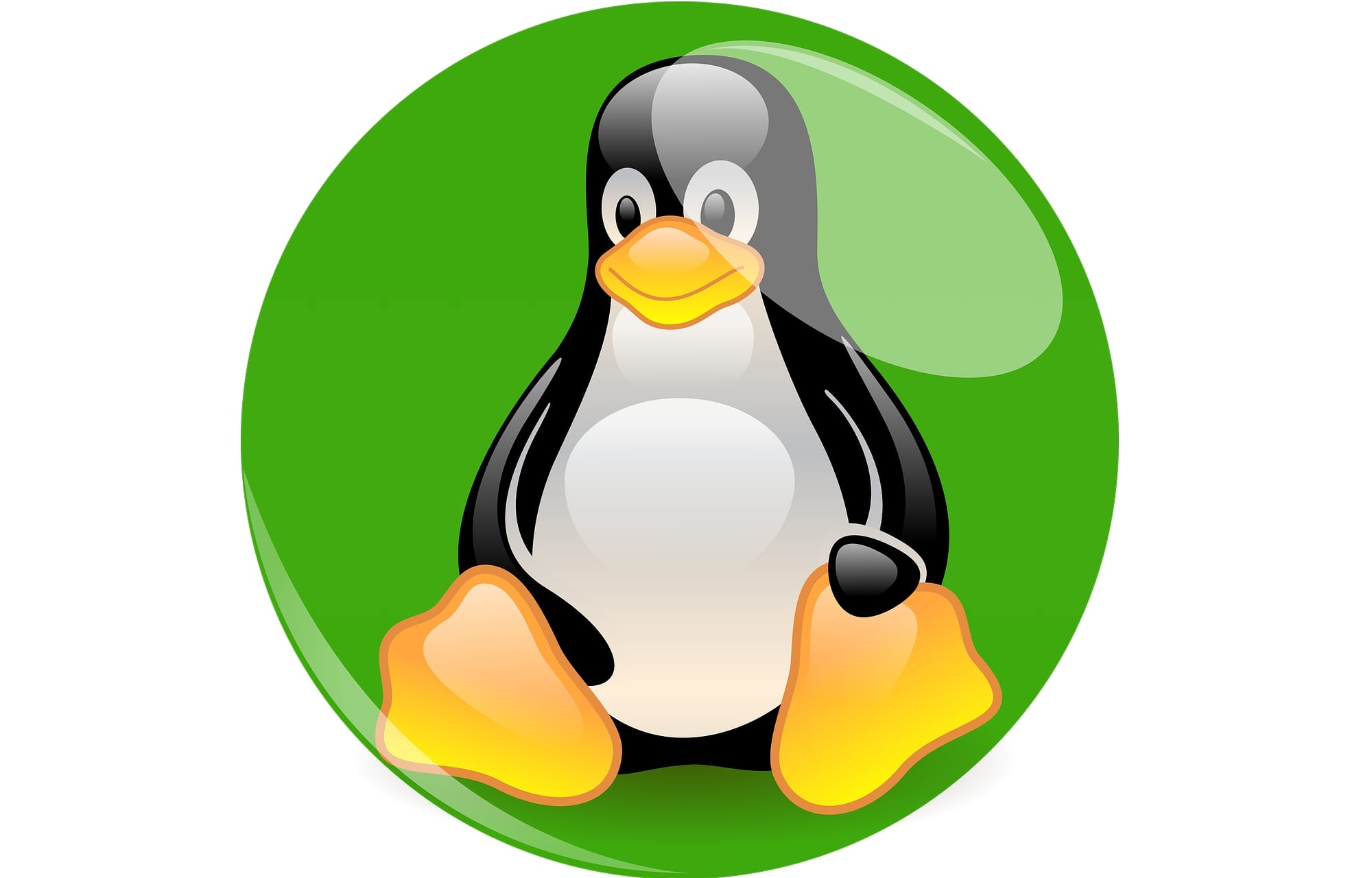
As usual, we do the ranking of the best GNU / Linux distributions of 2019. Although you already know that it is a matter of tastes and needs ... What some people think is good for others is not so good, but the good thing about this fragmentation is that there is almost any taste. And if not, then you create your own distribution from scratch with projects like Linux From Scratch, etc. But for this choice of LxA, popularity and technical aspects have been taken into account.
To make a better selection, I have created several different categories for which I have selected the winning distro of this 2019. In this way a wider spectrum of users is covered who will surely find their favorite within this selection. In addition, I have included some categories that you do not usually find in other blogs, but that seem important to me. And having said that, we go directly to the categories and the winners, but remember that you can leave your comments with your favorite, since I know that some may not fully agree and will have their favorite ...
Best distribution for generic use: Ubuntu
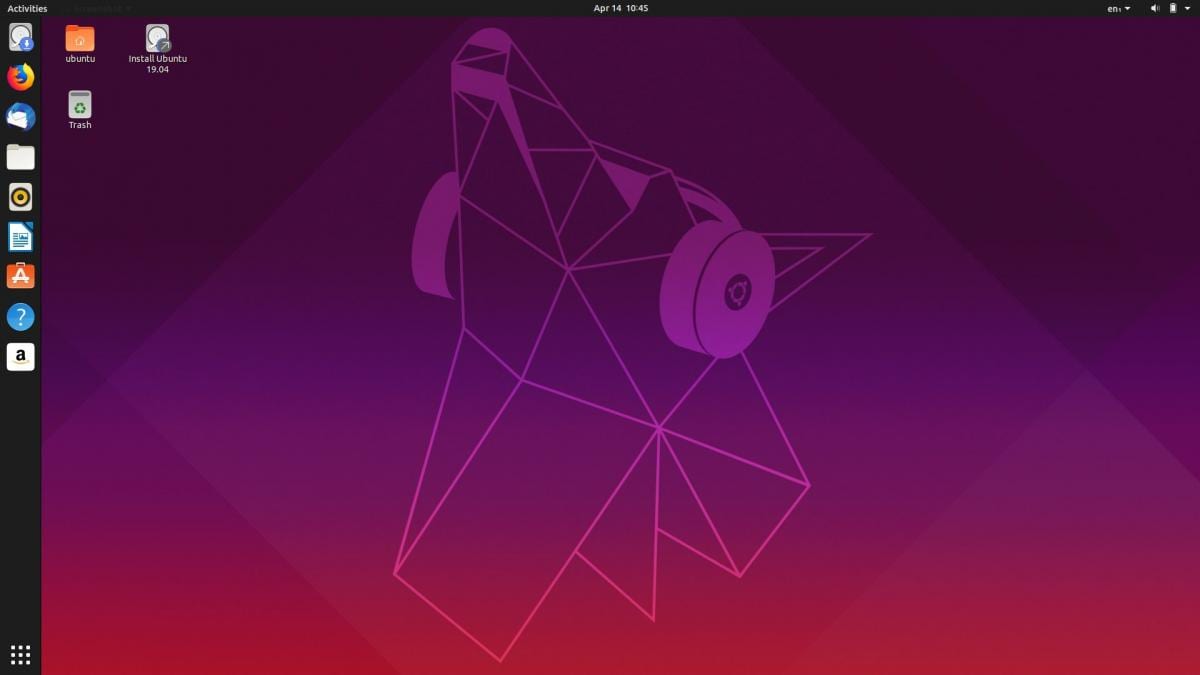
One of the most used distros and that can not be missing in any ranking is Ubuntu. Canonical's jewel has established itself as the favorite of many. One of the reasons is that it makes Debian simpler and more friendly, but preserving the power, stability, security and solidity of this project.
Being so popular, you will find many packages available for it, and a huge community of users willing to help, a multitude of sites and tutorials on the net to teach you how to do almost anything, etc. Therefore, for me it is the first option almost for any user who wants to try Linux and have a generic distro for anything. That is, a real alternative to Windows and macOS.
You can download this distro on the official website of the project!
Best distribution for gaming: SteamOS

Valve has created its SteamOS distro, based on Ubuntu but that includes a series of original drivers for GPUs and other hardware for video games. Of course, it also has a standard integration with the Steam client. So you can enjoy gaming from the beginning and with the best results.
You can download this distro on the official website of the project!
Best laptop distro: MX Linux
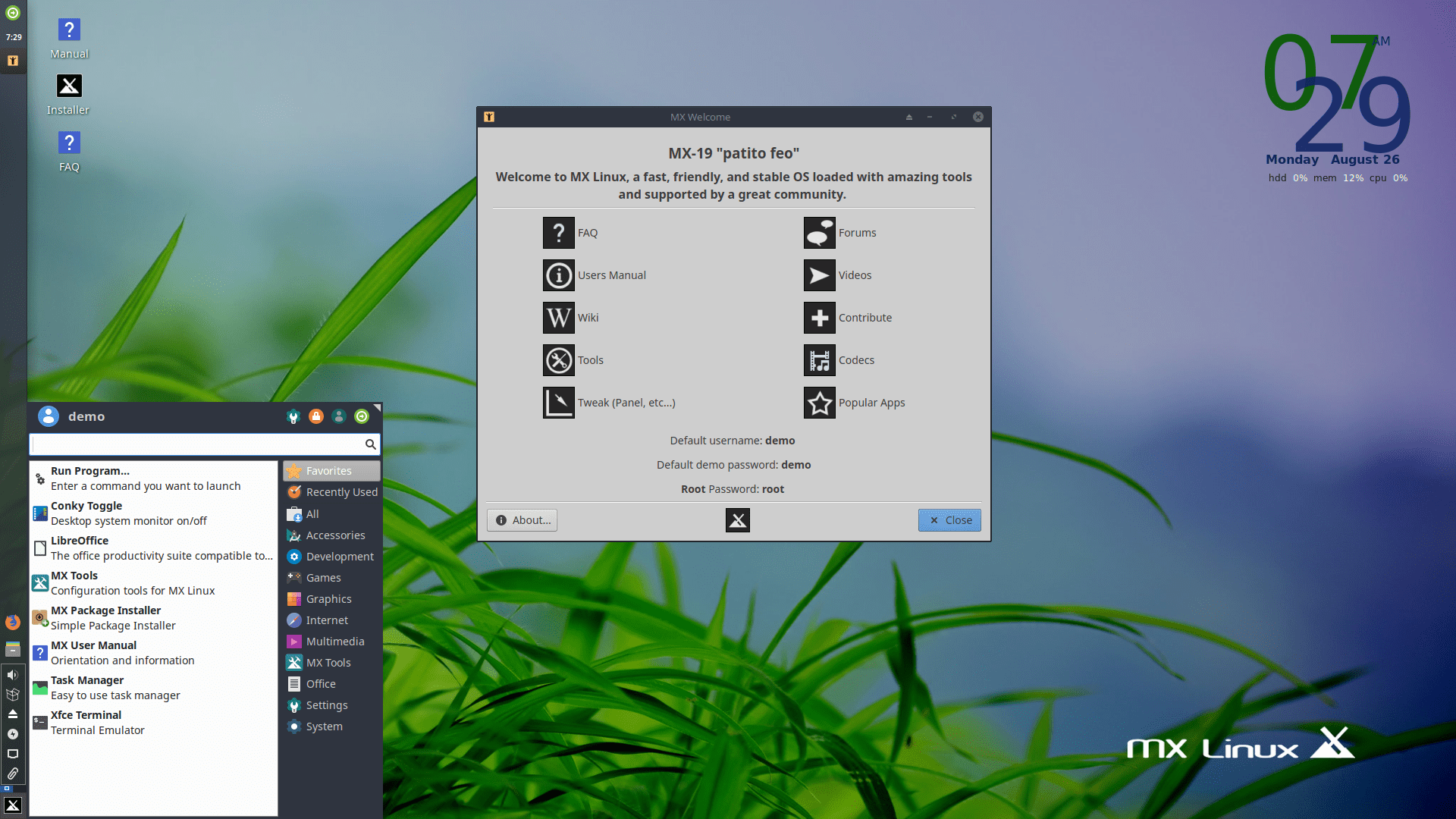
MX Linux has been gaining popularity with the years. It is based on the antiX and MEPIS project. Designed to be elegant and efficient in terms of resource consumption, which makes it a good option to obtain good performance and extend the autonomy of your laptop.
Also, it is a distro easy to set up and use, which offers good performance to its users. Even if you are a beginner, you will find yourself comfortable in this ecosystem. And its community is quite wide and friendly to solve your doubts and problems, if you come across any.
You can download this distro on the official website of the project!
More secure distribution: Qubes OS
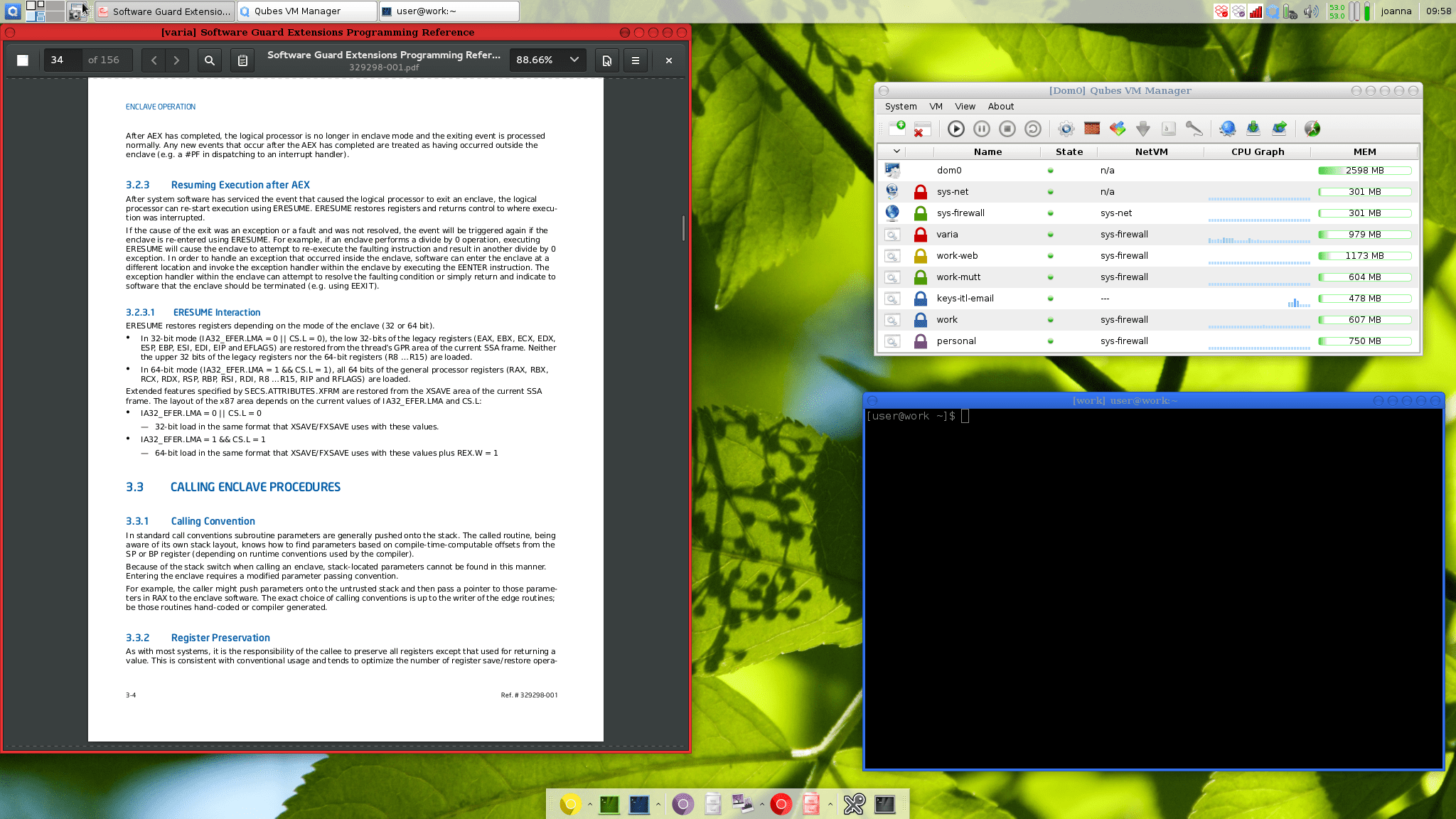
Qubes OS is a distribution for paranoid about security, as well as others like Whonix, etc. It is a project that we have talked about in LxA. To secure the system, it is based on isolation (fencing), using virtualization implemented through Xen, separating various environments on virtual machines to avoid certain types of attacks or limit their impact.
You can download this distro on the official website of the project!
Best lightweight distro for older hardware: Puppy Linux
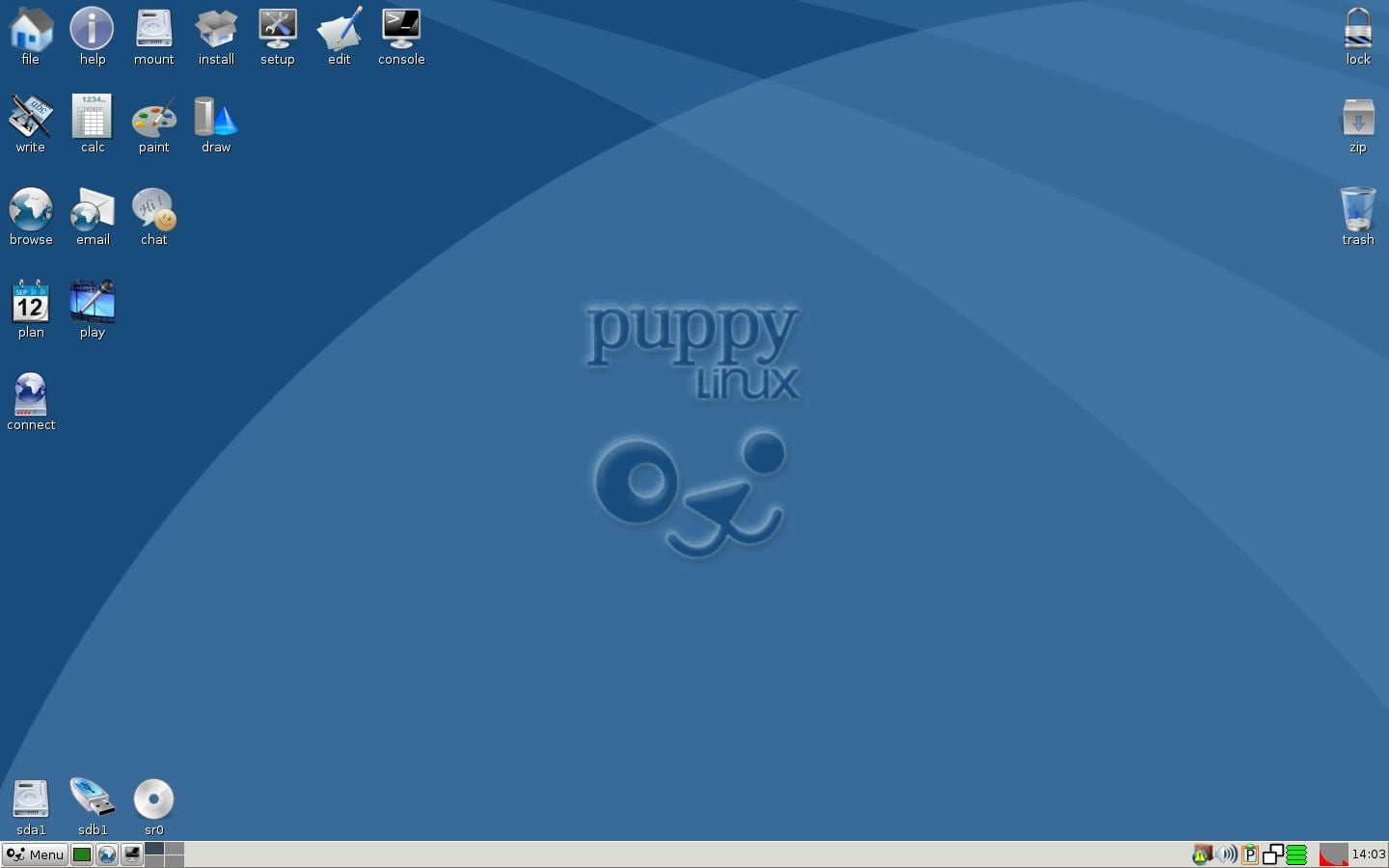
Puppy Linux is another of the classics when it comes to light environments and to be able to install on computers with old hardware. With Puppy you can make your computer run like never before or be able to revive old computers that you have abandoned because they slow down with other modern operating systems ... It can be stored in just 100 MB and run with only 64 MB of RAM.
You can download this distro on the official website of the project!
Best distribution to preserve privacy and anonymity: TAILS
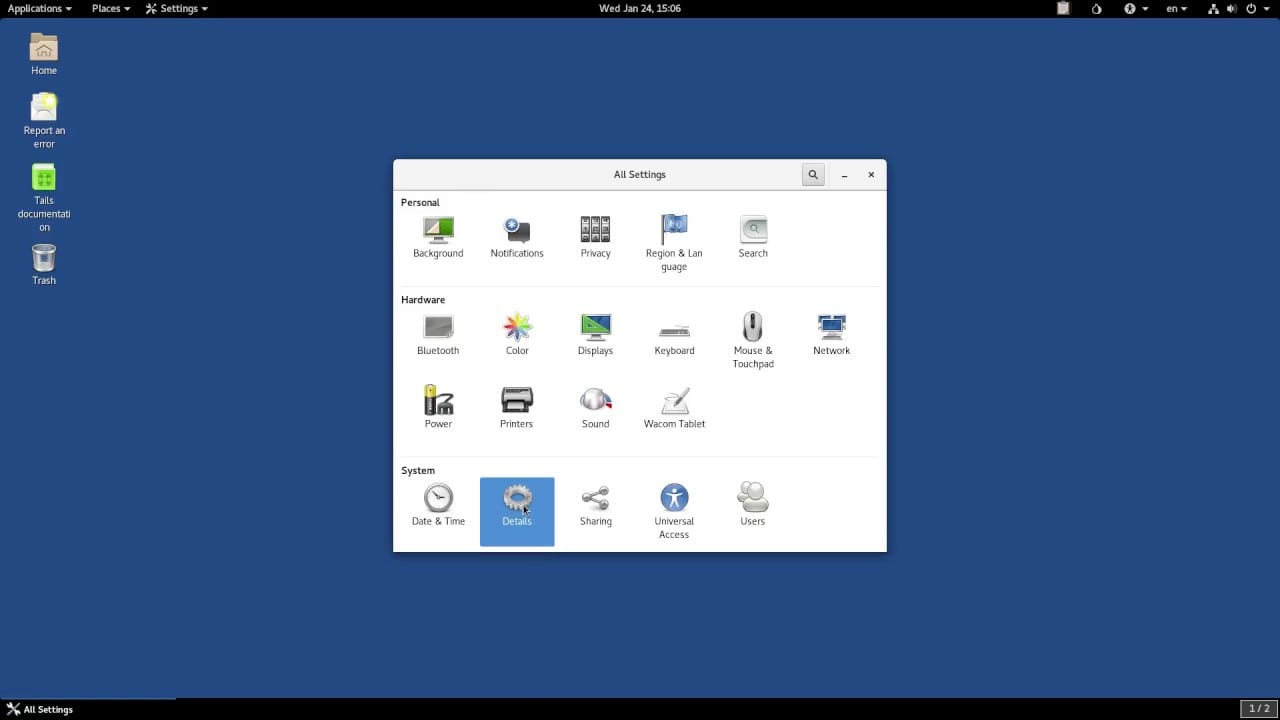
TAILS you already know that it is the distribution that you can use in Live mode to navigate and do your work online without leaving a trace or, rather, leaving as little trace as possible. Its security updates, and the settings it offers by default, guarantee that you can preserve your privacy and anonymity. Without a doubt, the best in this regard.
You can download this distro on the official website of the project!
Best distribution for mobile devices: KDE Plasma Mobile
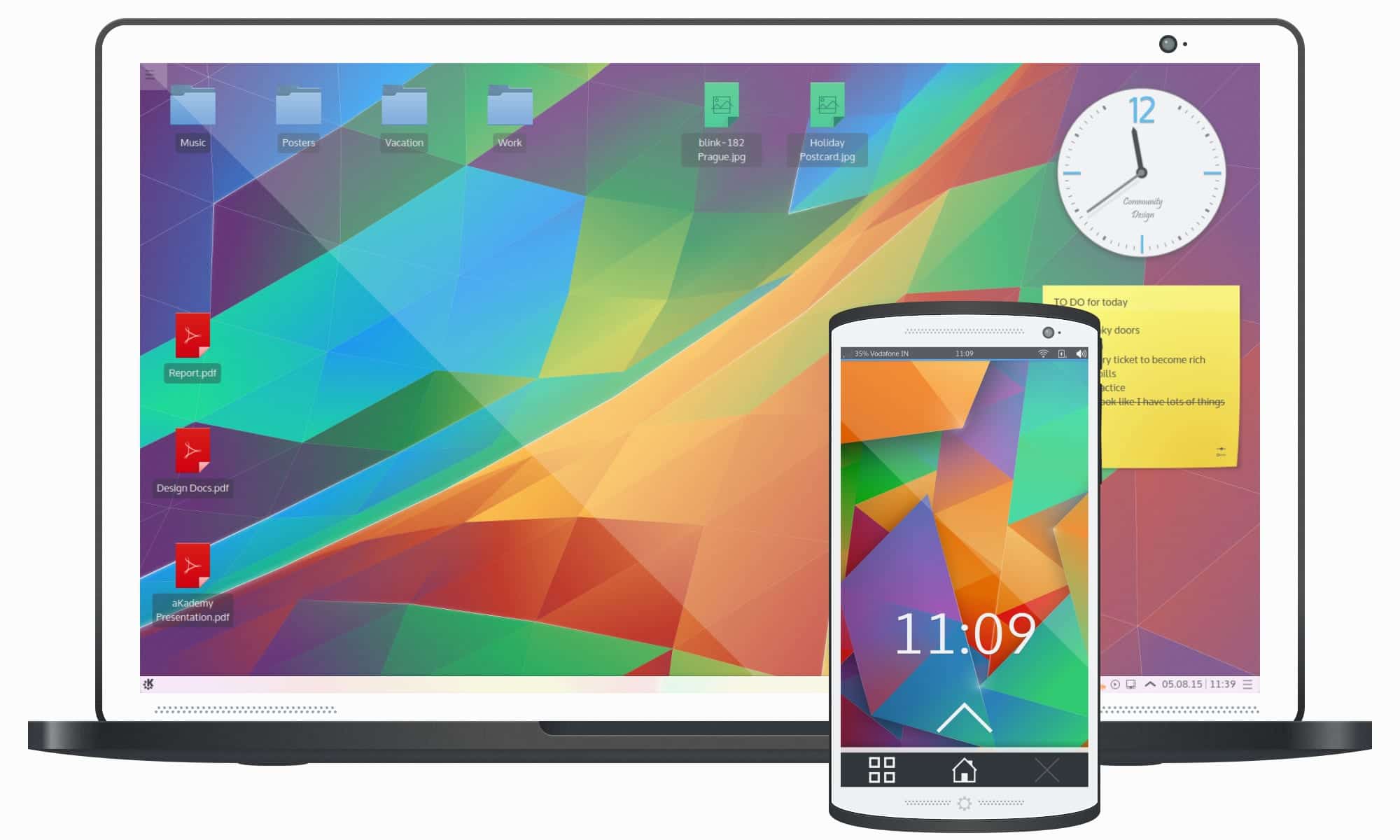
KDE Plasma Mobile is an operating system for mobile devices that you must know if you want to go from the classic Android. You can install it on various models of devices and it offers a good experience. It is true that Ubuntu Touch is also a marvel, and it is still latent, but I preferred to highlight this other project for some features that I like more. An example is being able to use a graphical environment as powerful as KDE Plasma on your mobile.
You can download this distro on the official website of the project!
Best distribution for developers: Ubuntu
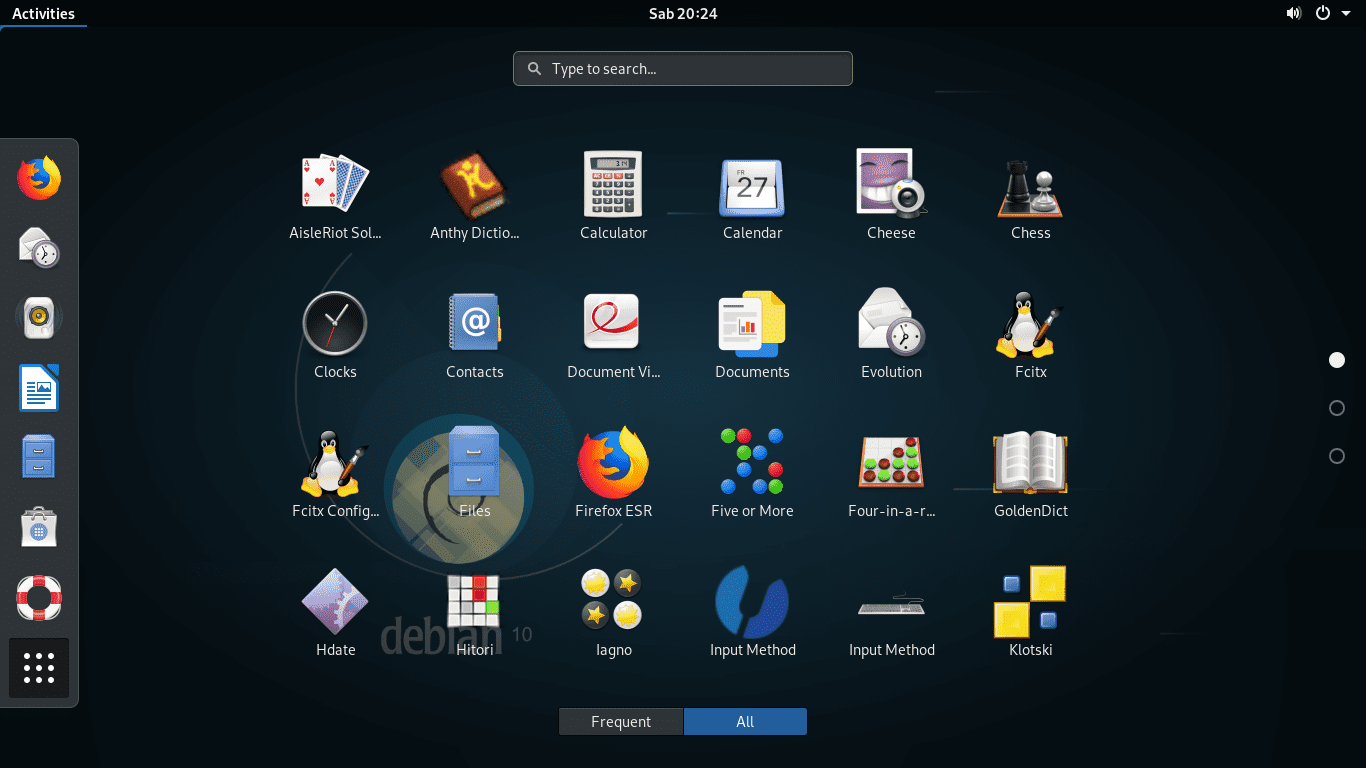
Canonical support, support for this distro, and all IDEs, programming tools, and other developer frameworks that are available for this distro Ubuntu, make it perfect for these jobs. Others, on the other hand, prefer others such as CentOS, Debian, Manjaro, Fedora or Arch Linux.
You can download this distro at the link I left in the first section!
Best distribution for servers: CentOS & Debian

You already know that Fedora gives way to RHEL and RHEL to CentOS. Therefore, with CentOS we have a distribution maintained by the community, free and with the advantages of RHEL as it is a binary fork of it. So if you want to mount a server based on RPM package and with SELinux, you should choose CentOS.
Debian is his other great opponent in this aspect. But in this case, for those who want a system that is also reliable, safe, robust and solid, but with DEB and AppArmor packages as the default protection system. For me personally, better for administration than SELinux ...
You can download this distro at the official website of the CentOS project! Or the Debian Project!
Best Business Distribution: RHEL and SLES
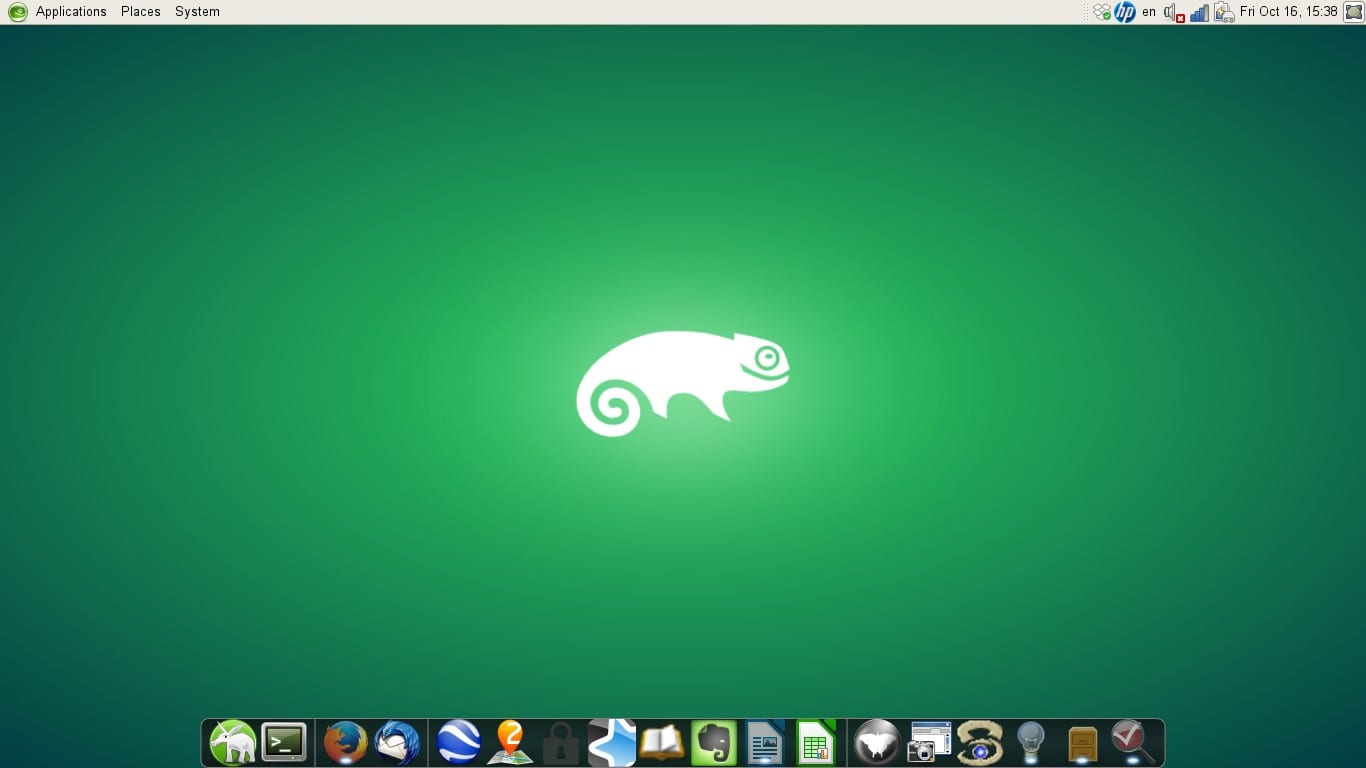
SUSE, along with Red Hat (now from IBM), are the two most powerful distros for business environments. Both SLES and RHEL have a tough battle to be leaders in this sector. What is the clear winner? Well, I would say that there is not one that can obtain the definitive crown, since the different tools and services offered make each one of them special and, perhaps, preferable for according to what type of companies and tasks ...
You can download this distro on the official website of the project! RHEL / SLES
The most customizable distribution: Arch Linux

Arch Linux is complicated to install, along with Gentoo and Slackware, some of the most complicated. So it is suitable for advanced users as it could be a problem for beginners. But in return, it offers unmatched customizability and flexibility. Therefore, you can mold it to your liking "almost almost" as if you were creating your own distro from scratch.
You can download this distro on the official website of the project!
Best distribution for beginners: Linux Mint

Linux Mint is one of the simplest distributions for newbies, although there are others that you could choose as an alternative to this one if you don't like it (another example would be Ubuntu itself or elementaryOS). Linux Mint is a modern operating system, with a good design and that is totally friendly for newbies.
You can download this distro on the official website of the project!
Best GNU / Linux distribution for SBC: Raspbian OS
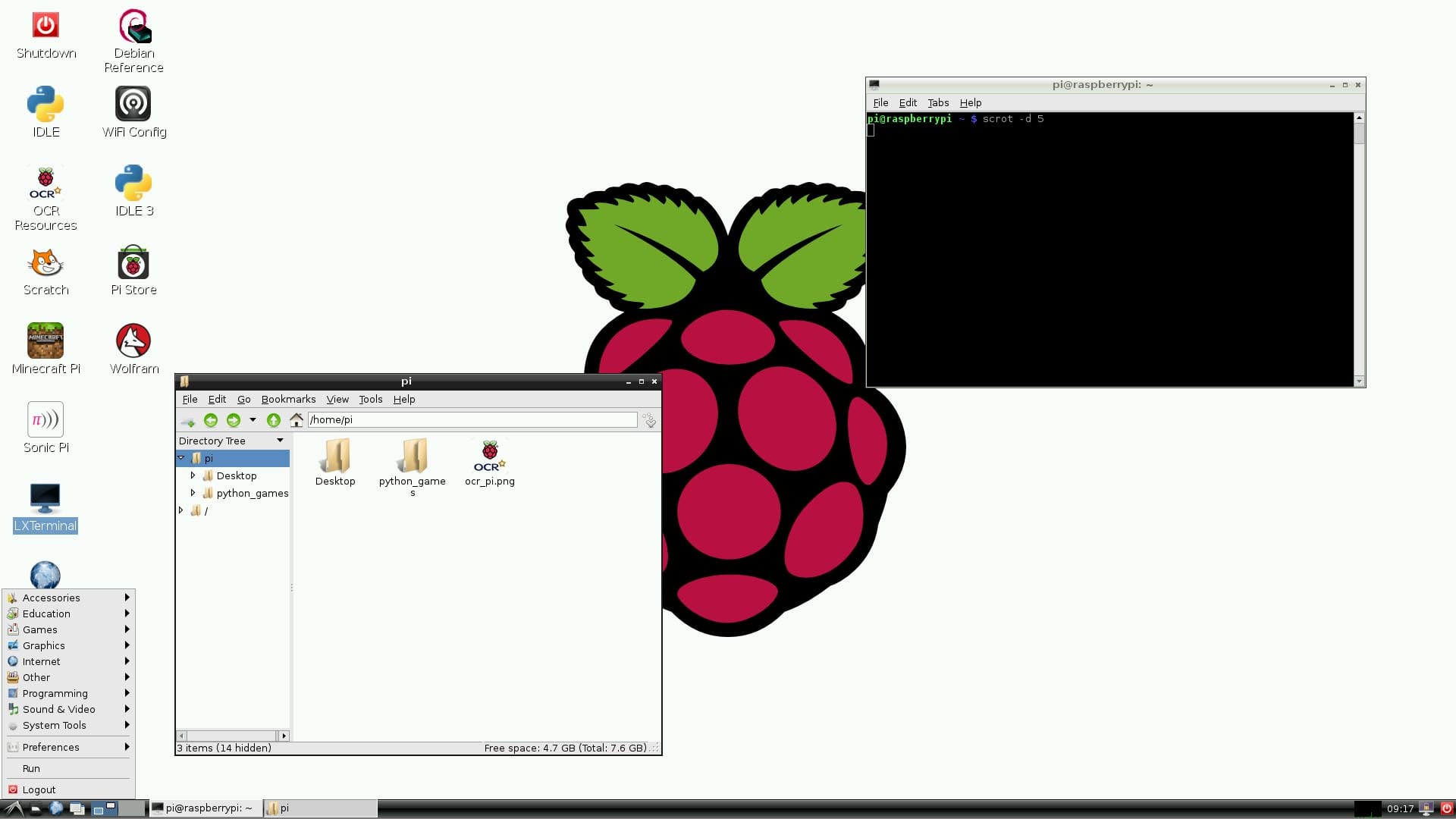
Raspberry Pi Foundation has created their fantastic Raspberry Pi SBC, but also an official Debian-based operating system. You know what I mean Raspbian OS, which is presented as the best "all-terrain" operating system for this type of cheap motherboards. However, you already know that there are many others, depending on what you need. For example, you might need better integration with Kodi, etc. In this case, perhaps you would be more interested in Lakka, LibreELEC, etc.
You can download this distro on the official website of the project!
Best distribution for certifications:?

If you are thinking of doing some type of certification such as those of the Linux Foundation or LPI, it is better that you stick to specific distributions. The reason is that most of the content of these certifications refers to a type of distribution. For example, in LPIC certifications you will find topics on managing DEB and RPM packages, with the popular managers for these binaries, but not other types of managers such as pacman, portage, etc.
Besides that, in the case of LFCS and LFCE certifications, they only allow you to do the exam online with specific distributions. A while ago they allowed openSUSE, Ubuntu, Debian, and CentOS. Currently only Ubuntu and CentOS. So you must take this into account ... It is better that you get used to one of the distros with which you are going to take the exam and not get any surprises.
I hope it has helped you to choose your future GNU / Linux distro, you already know that you can leave your comments with your contributions. I always say it, but I repeat it again, it is a matter of taste and There are wonderful distros that I have left out. But that does not mean they are worse ...
In my opinion Zorin os 15 is a better option than Mint for newcomers. It has a great resemblance to Windows but also to Mac. Its software is always up-to-date (not Mint). It offers a paid version, Ultimate, with support. Finally it is much more versatile, I have been able to install it on a convertible computer (not Mint).
A list without surprises, without extridencies, so common in similar items. Acceptable, always with some discrepancy, by 99% of people with common sense.
It shows that neither of them has tried deepin
I agree with Ubuntu for the home environment, and for those who like to tinker there is always Arch. Between them they combine the best of the Linux world, each with its own pros and cons.
Very good list, more complete than usual for this type of article.
Fedora does not exist?
Of course, Fedora, RHEL, CentOS ... They are the direct competition of Debian and derivatives.
Fedora does a great job and is the best Gnome distro with the best Wayland support, but in my opinion for the vast majority Ubuntu is the most standard (always referring to the domestic environment).
And manjaro?
I use Linux Mint and Linux Lite, I use one on a Laptop and another on a desktop, and if I congratulate you, they are very good, Linux, I love it, I like it a lot, Thank God there is Linux.
Ubuntu, I am a user who has recently entered the linux world and I have loved the whole interface and its scope.
How much canonical pay you for this post. Ubuntu makes me laugh.
I do not defend anyone, but in that case what would be your proposal?
The fact that KDE Neon is not included makes this list not very serious, none of them are on a par in performance and configurability, horrible post
KDE Neon sucks lately, I really appreciate that they didn't put it on the list
For a simple linux user like me, I use Ubunto genome and Linux Mint, I liked the article and I will start to try the right-handers mentioned.
:-)
What about Slackware? I still consider it one of the most stable systems and that I think should be considered for certifications.
someone who uses elementary OS 5 is also a good choice.
I have been using it for a long time and it has not disappointed me
And where is Pop OS?
Ubuntu for developers? mX linux only for laptops? with Arch if I agree and with Centos, but I think ubuntu is disrespectful to say that it is the best option to develop. I develop perfectly in Arch Linux too, Ubuntu is something that gave me a lot of trouble for a long time and that I do not advise. The Fedora and Centos theme are interesting projects to consider. And the MX linux gives a lot to talk about also to have a simple but effective distro to install .deb packages and therefore why not to be a development environment.
I have used quite a few GNU-Linux distributions, but my favorite of all is Linux Mint, its interface is very intuitive, but if I had to choose another it would be Manjaro, Suse or MXlinux.
I have a list of the 10 best GNU-Linux distros (opinion) to help you choose: https://lareddelbit.tk/2019/10/15/las-10-mejores-distros-gnu-linux-para-2020/
You made a mistake in the url, I am a fan of the page, that is not its domain, it is: https://lareddelbit.ga/2019/10/15/las-10-mejores-distros-gnu-linux-para-2020/
Greetings from Guatemala
Are there any specific to IoT? Could you put the best in Pentesting and security aimed at Ethical Hacking? I think it's Kali, but I don't understand much about it either. Greetings.
I intend to dabble in Linux, and I have been reading there is enormous variety; and the same versatility, there I read that it can be installed on some tablets; Someone could tell me which version is the most stable, I want to bring an asus transformer pad tf700t back to life with a version of linux, I thank you in advance, a cordial greeting
Well, look, I've been around until I've messed around with Debian. They told me that Debian was a one-way trip, and why is it. Stability, robustness. Performance. There is no color.
Please I would like to know what Linux I could use for an Asus Transformer Pad TF700T tablet, thank you very much